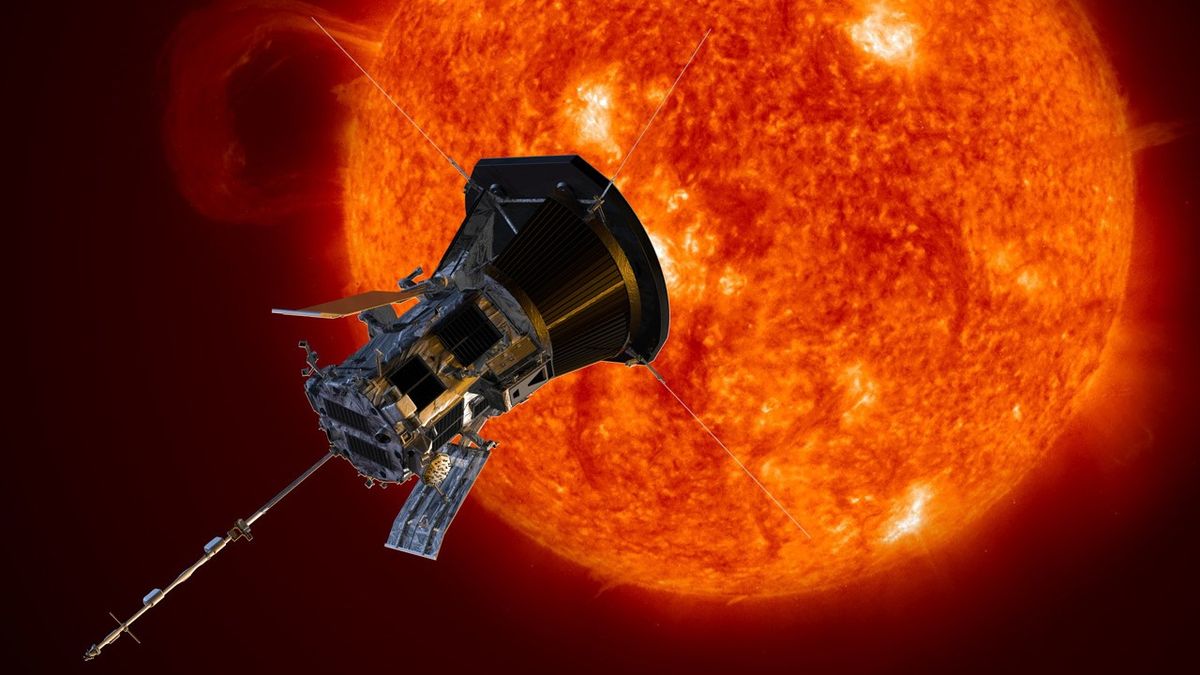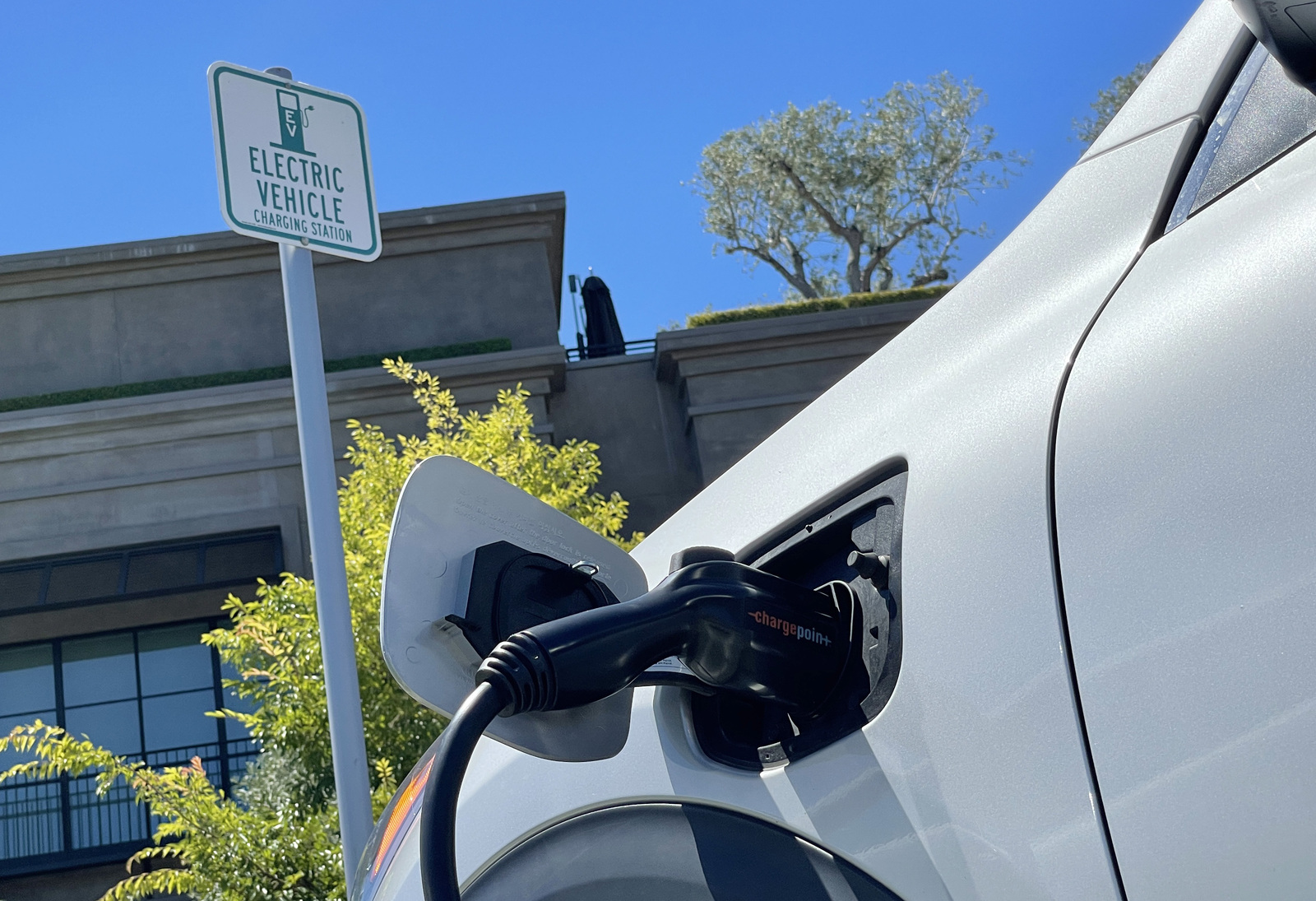The United States Treasury updated its list of electric vehicles eligible for a $7,500 EV tax credit per its new rules for battery sourcing, and BMW, Nissan, Rivian, Hyundai, Volvo and Volkswagen are no longer on it.
The new requirements will go into effect Tuesday, and they’ll also cut credits for the Tesla Model 3 to $3,750. Other Tesla models will still be eligible for the full $7,500 credit. All General Motors EVs, including the Chevrolet Bolt and Bolt EUV, will also qualify for the full credit.
The EV tax credits were mandated by Congress last August as part of the Inflation Reduction Act. The IRA requires that 50% of the value of battery components be produced or assembled in North America to qualify for $3,750. To qualify for the remaining $3,750, 40% of the value of critical materials must be sourced from the U.S. or a free trade agreement country.
The rules are designed to help the U.S. reduce its reliance on China for EV battery supplies and to boost the U.S.’s own capacity to control the supply chain. President Joe Biden aims to make 50% of new vehicle sales in the U.S. electric or hybrid by 2030.
The Treasury’s move to put its guidance into effect this week follows the Environmental Protection Agency’s proposed harsh new emissions rules that would see 60% of new vehicle sales in 2030 being electric.
The EVs that will lose credits Tuesday are the BMW 330e, BMW X5 xDrive45e, Genesis Electrified GV70, Nissan Leaf, Rivian R1S and R1T, and Volkswagen ID.4 — although VW thinks it will get the ID.4 to qualify and is just waiting on documentation from a supplier to determine eligibility. Plug-in hybrid vehicles like the Audi Q5 TFSI e Quattro and the Volvo S60 will also lose credits.
Additionally, Ford and Stellantis vehicles that previously qualified for the full tax credit will now only have access to half.
With the exception of Volvo, which is a Swedish company but majority owned by China’s Geely, most automakers have plans to build battery plants in the U.S.
Hyundai and Rivian, for example, are building out plants in Georgia. Volkswagen is building the ID.4 in Chattanooga, Tennessee, and has chosen Ontario, Canada as the location for its North American battery plant. BMW is investing $1.7 billion in manufacturing vehicles and batteries in South Carolina.
There is one loophole for the EVs that don’t qualify for consumer tax credits. The Treasury said in December that ineligible EVs could potentially qualify for a commercial leasing credit, also worth $7,500.
BMW, Rivian, Hyundai, Volvo lose access to EV tax credit by Rebecca Bellan originally published on TechCrunch











